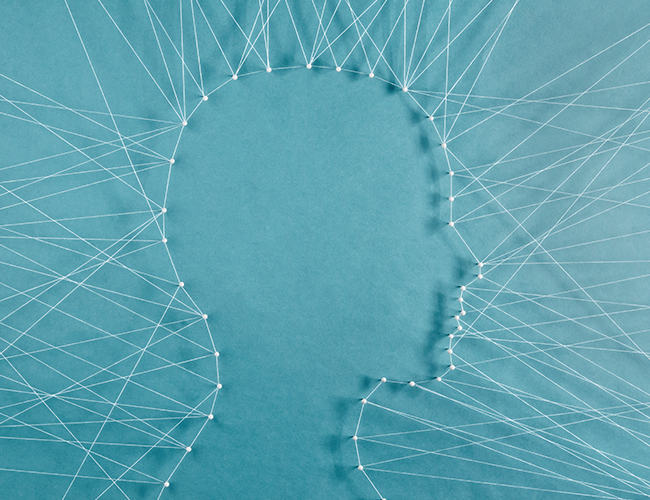Feeling a little down after looking through your Facebook feed this morning? It could be because of the emotional impact you are receiving from the negative vibes in the posts you read.
Roger Segelken and Stacy Shackford report in their article, “News Feed: ‘Emotional Contagion’ Sweeps Facebook,” that people have an emotional impact from what they read on Facebook.
Facebook recently conducted a study with the University of California, Cornell University, and The University of San Francisco. Researchers manipulated the news feeds of 689,003 random Facebook users to appear more positive or negative. The study measured the emotional effect on individuals by tracking the changes in the users’ own positive or negative phrasing.
Researchers describe an “emotional contagion” effect among those surveyed. Jeff Hancock, from Cornell University’s Social Media Lab reports, “People who had positive content experimentally reduced on their Facebook news feed, for one week, used more negative words in their status updates.” People used more positive words in their status updates when negative feeds were reduced. This is the first study to suggest that people’s moods can be altered by emotions expressed on Facebook.
Critics argue users were not properly informed of the study. Facebook states that their user agreement specifies that the company may collect data for analysis, testing and research. However critics believe the data manipulation carried out as part of the study does not fall under these guidelines.
Read more in an excerpt from the article.
——
Facebook, with more than 1.3 billion users of every emotive disposition, and its news feed feature – in which a constantly tweaked, Facebook-controlled ranking algorithm regularly filters posts, stories and activities enjoyed by friends – proved an ideal place to start.
Researchers never saw the content of actual posts, per Facebook’s data use policy; instead, they counted only the occurrence of positive and negative words in more than 3 million posts with a total of 122 million words. They report that 4 million of those words were “positive” and 1.8 million were “negative.”
Hancock said peoples’ emotional expressions on Facebook predicted their friends’ emotional expressions, even days later.
“We also observed a withdrawal effect: People who were exposed to fewer emotional posts in their news feed were less expressive overall on the following days,” Hancock wrote in the paper.
——








